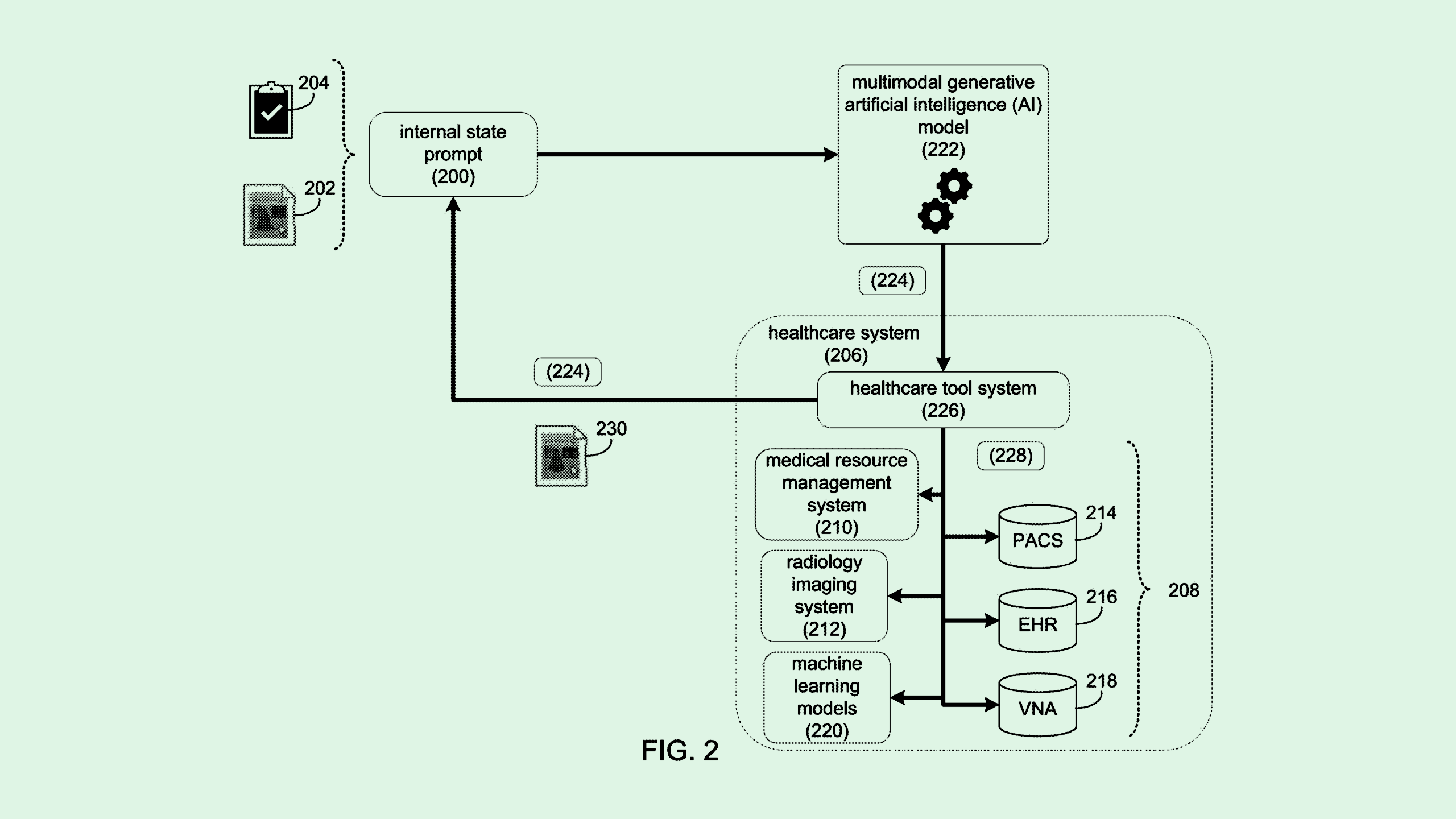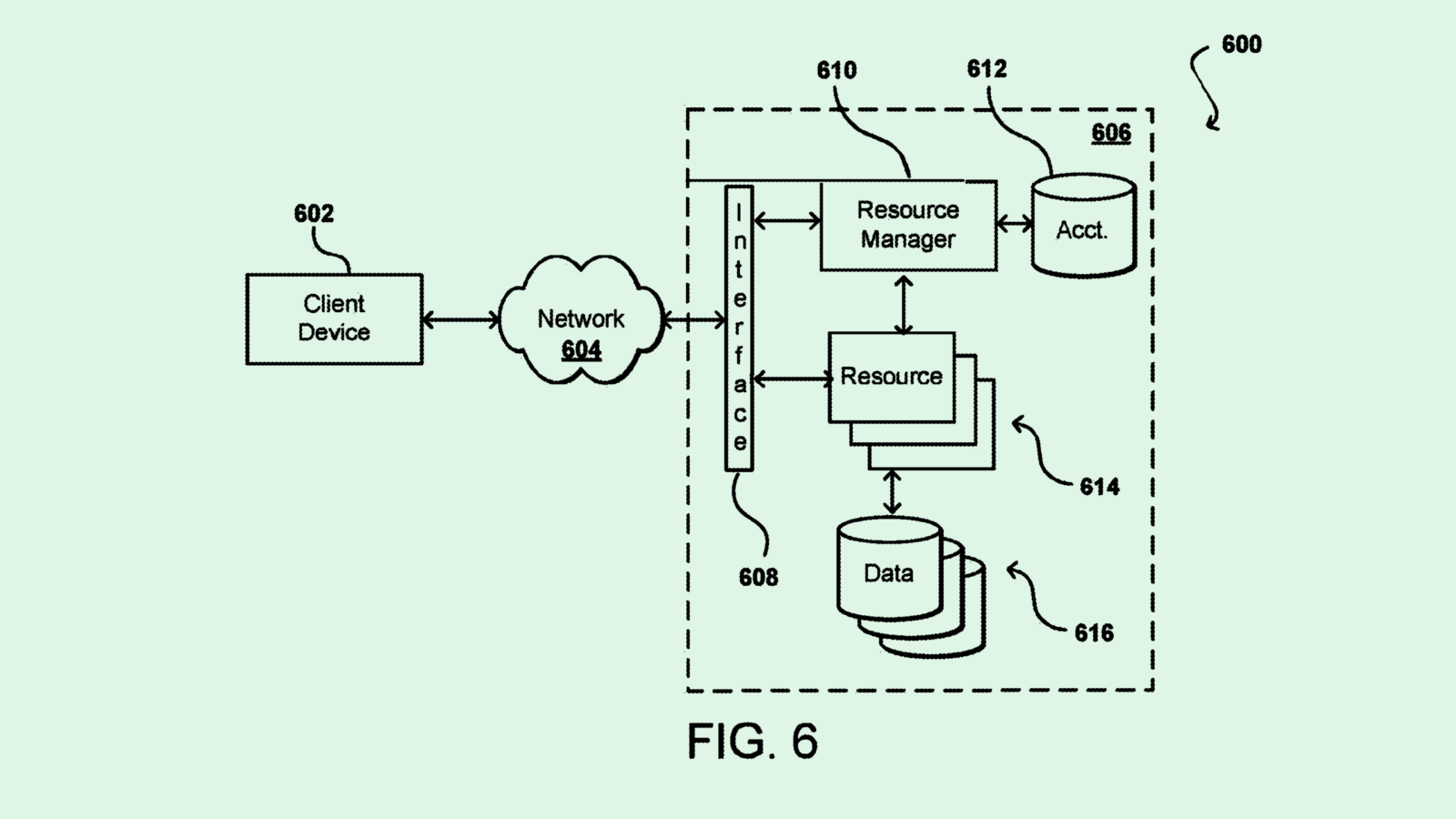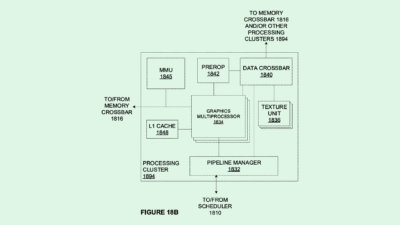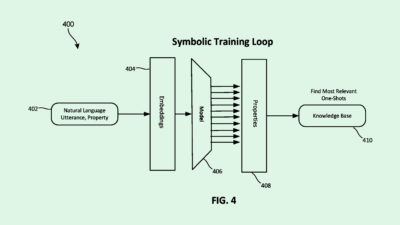Microsoft Wants to Strengthen Clinical AI
Microsoft wants to patent a system that thinks, acts and checks its results while handling patient data and working within hospital systems.

Sign up to get cutting-edge insights and deep dives into innovation and technology trends impacting CIOs and IT leaders.
Healthcare is increasingly being supplemented with AI, whether it’s to catch diagnoses earlier by accessing a more holistic health record or to predict future health concerns.
And as AI enters such a sensitive field, systems are being established to ensure its efficiency in accomplishing tasks and handling confidential health data.
Microsoft, for example, wants to patent a system that thinks, acts, checks its results and completes its work while handling patient data and working within hospital systems.
The system begins with an “internal state prompt,” which captures the current situation by pulling relevant medical content, such as patient data, clinical notes and test results. It also collects information about a multistep task that needs to be completed, such as updating a patient record, analyzing results or scheduling tests.
Next, a trained multimodal AI model reads the internal prompt and figures out its approach. It creates an instruction, or “healthcare system command,” like flagging an image or pulling lab results.
The command is formatted in a way that the healthcare software can easily execute, and then that command is carried out by the appropriate part of the system — potentially updating a record, for example.
Once completed, the internal state prompt is updated to indicate that the changes have been made and describe the action that was completed, allowing the AI to track progress in sequence.
The system Microsoft has applied to patent is just one of many ways that AI is making its way into healthcare. Philips wants to help healthcare centers get ahead of delays and adjust resources, Amazon wants to help doctors take better notes and IBM wants to use AI for diagnostics.
It’s an industry often threatened by cyberattacks, and it remains to be seen whether AI’s entrance will lead to any vulnerabilities for patient data or other sensitive information.











